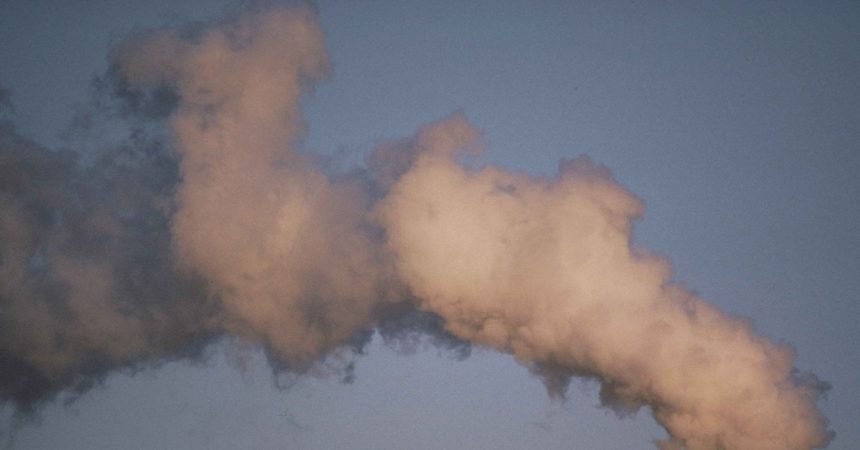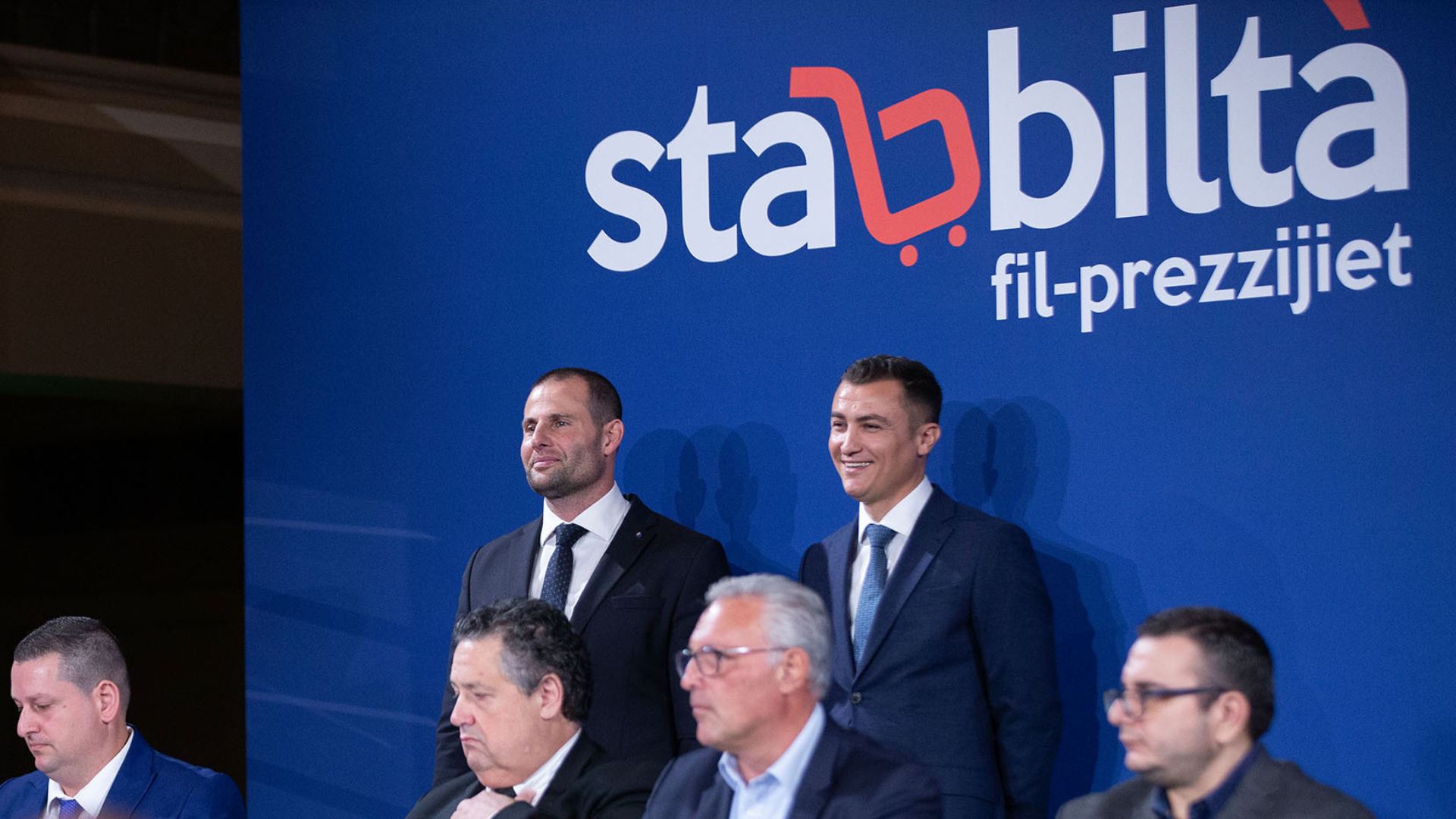In a recent report by the European Environment Agency, Malta has yet again failed to meet most of its basic obligations in terms of its climate and emissions targets. As a result, the government has been spending an estimated €180,000 a year to make up for the shortfall.
The Maltese government is purchasing surplus Annual Emissions Allocations (AEAs) from Bulgaria to make up for its shortcomings. But how exactly does emissions trading work and why has the Maltese government missed every single emissions target since 2013?
Under what is known as the “European Union Effort Sharing Decision”, all Member States are required to limit their greenhouse gas emissions between 2013 and 2020 by meeting annual limits that are set according to a linear path. These AEAs follow a straight trajectory from 2013 until 2020.
All Member States are continually monitored for their compliance as well as to measure the action that they are taking, and to help them put corrective measures in place if they fail.
Each Member State is required to report on their annual emissions as well as any planned national policies and measures that are proposed to help them meet their commitments.
If, however, a Member State exceeds its annual emissions allocation, they are required to take corrective measures that include purchasing AEAs from Member States that have overachieved in that given year.
In other words, those that exceed their targets can sell their credits to countries that fail so that they have the chance to rectify their mistakes before the beginning of the next year.
Unfortunately, Malta has been abusing this system by consistently failing to meet their targets over the last five years, and instead using tax payer’s money to buy the leeway they need to remain in line with EU targets.
The EU has even suggested a number of policies that can be implemented by Member States, to help them meet their targets, all of which pose a significant benefit to society.
They include promoting and improving public transport, a shift away from transport based on fossil fuels, support schemes for retrofitting buildings, and renewable energy sources for heating and cooling systems.
These are not big asks of the government and implementing such benefits would improve the environment, as well as significantly benefiting members of the public through the creation of jobs and making Europe more competitive. So why aren’t they doing it?
Could it be that the government has absolutely no intention of shifting away from fossil fuel consumption, especially in light of the highly controversial “money laundering machine”, otherwise known as the power station?
The project was shrouded in controversy from the start including non-compliant bidding processes; with taxpayers losing millions from the project while accusations of kickbacks surround the project that has the Azerbaijani State-owned oil and gas company Socar as a partner.
Senior government figures Keith Schembri and Konrad Mizzi were found to have set up offshore companies that were set to receive millions in kickbacks from 17 Black, a Dubai-based company owned by Yorgen Fenech – CEO of Tumas Group, part of the Electrogas consortium involved in the controversial deal.
This is what the government chose as the country’s energy option so it should come as no surprise that Malta is missing its targets, forcing the country to spend more money on buying credits from other countries to make up for the failure.
Similar to the recent White Flag scandal, it appears that they hope to just throw money at the problem for the short term, at expense of taxpayers, to tick a box and look good.
The cost of purchasing AEAs to make up for Malta’s shortfalls is a minimum of €180,000 every year, according to PN MP Jason Azzopardi who quoted a European Commission report in Parliament.
He also said that Environment Minister Jose Herrera signed a secret €1.4 million, seven-year-deal two years ago to cover the years 2013 – 2020.
What’s a mere €180,000 a year of the public’s money when compared to the €150,000 a month that the Schembri and Mizzi were set to make from the Electrogas deal, according to leaked emails?
Malta is the only country to have purchased AEAs, according to the EC report. This means Malta is the only country that is forking out money to be allowed to continue polluting the environment even more than it had agreed to do.
This contradicts the government’s claim that the Electrogas power station would see emissions reduced by 1.2 million tonnes, enabling Malta to meet its targets.












